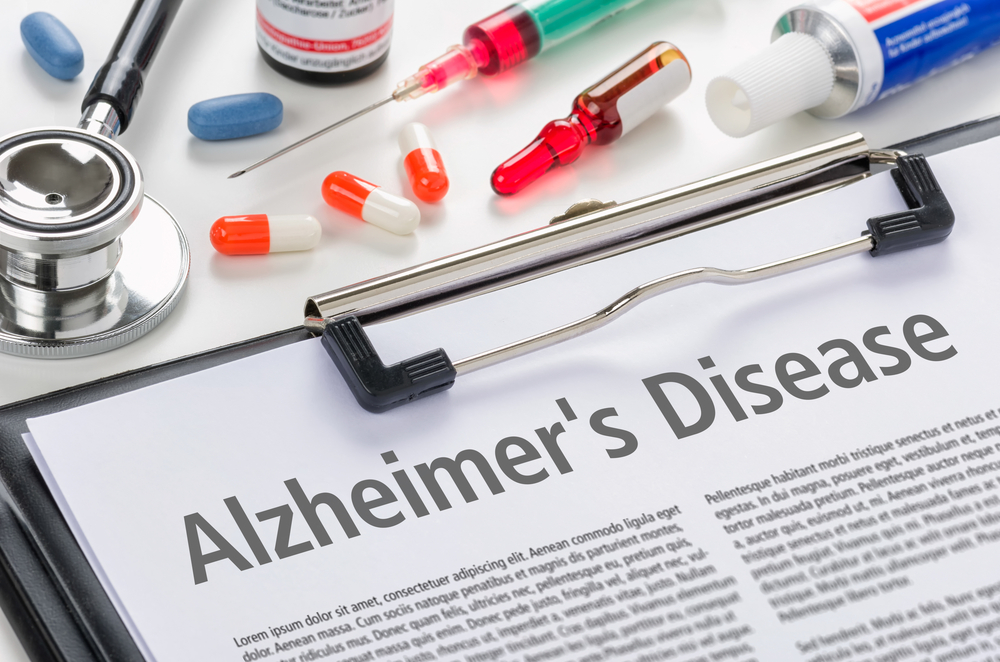Contents:
- Medical Video: Treating Aches & Pains : How to Cure a New Breastfeeding Mother From the Flu
- Can nursing mothers take cold medicine?
- What you should pay attention to when taking cold medicine during breastfeeding
- What if I don't want to take medicine?
Medical Video: Treating Aches & Pains : How to Cure a New Breastfeeding Mother From the Flu
Sometimes, nursing mothers can also be sick. Fatigue coupled with bad weather factors can make the mother's immune system weak and cause nursing mothers to fall ill, such as flu or coughing. This may be a mild illness, but still requires treatment. To relieve symptoms, some nursing mothers may need medication. However, is consuming flu medicine while breastfeeding safe?
Can nursing mothers take cold medicine?
Yes, flu drugs are safe for breastfeeding mothers. If you have a cold and you need to take medication to treat it, this is safe as long as you don't show any symptoms. However, be careful when choosing a cold medicine. Choose a cold medicine that contains only one active ingredient and to treat just one symptom. Usually cold medicines contain several drugs in one liquid or pill. This is what you should avoid because there may be ingredients in the drug that are not safe to consume while you are breastfeeding.
When you have a cold, you usually need a decongestant to relieve flu symptoms, such as a stuffy nose. However, oral decongestant drugs (tables, capsules, or syrups) containing pseudoephedrine or phenylephrine may affect breast milk. This can happen because both drugs work by constricting blood vessels. Thus, causing the blood flow needed for the production of breast milk to be disrupted and then the production of breast milk can decrease.
READ ALSO: Can Breastfeeding Mothers While You're Sick?
But, this still requires further verification. Another theory says that after smooth milk production (usually after breastfeeding for one or two months), milk production may not be interfered with by pseudoephedrine or phenylephedrine. Another opinion also says that decongestants are safe to use for nursing mothers. In fact, the American Academy of Pediatrics states that pseudoephedrine is safe to use.
However, if you still doubt it, you can switch to spray decongestants as an alternative. But, what you should pay attention when using this drug is not to use it for too long, just 3-4 days while you are breastfeeding.
The other content that is usually present in the cold medicine is dextromethorphan. This drug serves to treat cough which usually accompanies the flu. This drug is safe to use during breastfeeding. Aside from coughing, there are many other symptoms of flu and these vary from person to person.
Some of you may experience a sore throat during the flu. So, you need acetaminophen (paracetamol), ibuprofen, or naproxen sodium to treat it. Don't worry because these three drugs are safe for mothers to use while breastfeeding.
Allergy symptoms may appear with flu symptoms, so you need a flu medication that also contains antihistamines. Antihistamines themselves are safe to use when breastfeeding. However, some allergic drugs can also cause drowsiness. Antihistamines with the type of diphenhydramine and chlorpheniramine can cause drowsiness and lethargy. Breastfeeding when you take this medicine can make your baby sleepy. To avoid this, you can choose antihistamines that do not cause drowsiness, such as loratadine and fexofenadine.
What you should pay attention to when taking cold medicine during breastfeeding
When breastfeeding, you cannot use drugs because it can have an impact on the production of breast milk and your baby. For that, when choosing a drug, you should read carefully what is contained in it.
READ ALSO: Is Breastfeeding Really Preventing Breast Cancer?
If you want to use lozenges or mouthwash for sore throats, avoid those containing povidone-iodine because it can increase iodine levels in breast milk. Higher levels of iodine in breast milk can increase the risk of transient (transient) hypothyroidism in breast-fed infants. Also avoid consuming flu drugs that contain high alcohol. Usually found in medicines taken at night which can cause drowsiness.
When taking flu medication, you should read the instructions for using the drug. Take medication according to the recommended dosage. To avoid side effects on the baby that flu medication can cause, you should adjust the schedule for taking medication with your breastfeeding schedule. You can breastfeed your baby before you take medicine or you can breastfeed your baby after taking the medication 1-2 hours later. In addition, choose drugs that only need to be consumed 1-2 times a day to avoid the strength and influence of drugs that are too hard.
What if I don't want to take medicine?
If you are afraid your baby can experience the side effects of cold medicine during breastfeeding, you do not need to take it. You can treat flu in the traditional way, without medication. Usually, the flu can heal by itself. Some things you can do to help treat colds are:
- Enough rest
- Drink lots of water
- Inhale warm water to help relieve nasal congestion
- Eat lots of healthy foods
- Don't forget to consume lots of vegetables and fruits, especially those containing vitamin C
- Drinking warm water mixed with honey and lemon juice is also effective in relieving flu symptoms
- Take supplements of vitamin C and zinc to speed healing, if necessary
If this doesn't work with your flu, you may need to take medications, such as paracetamol or ibuprofen at the doctor's advice.
READ ALSO: 6 Healthy Diet Rules for Breastfeeding Mothers












